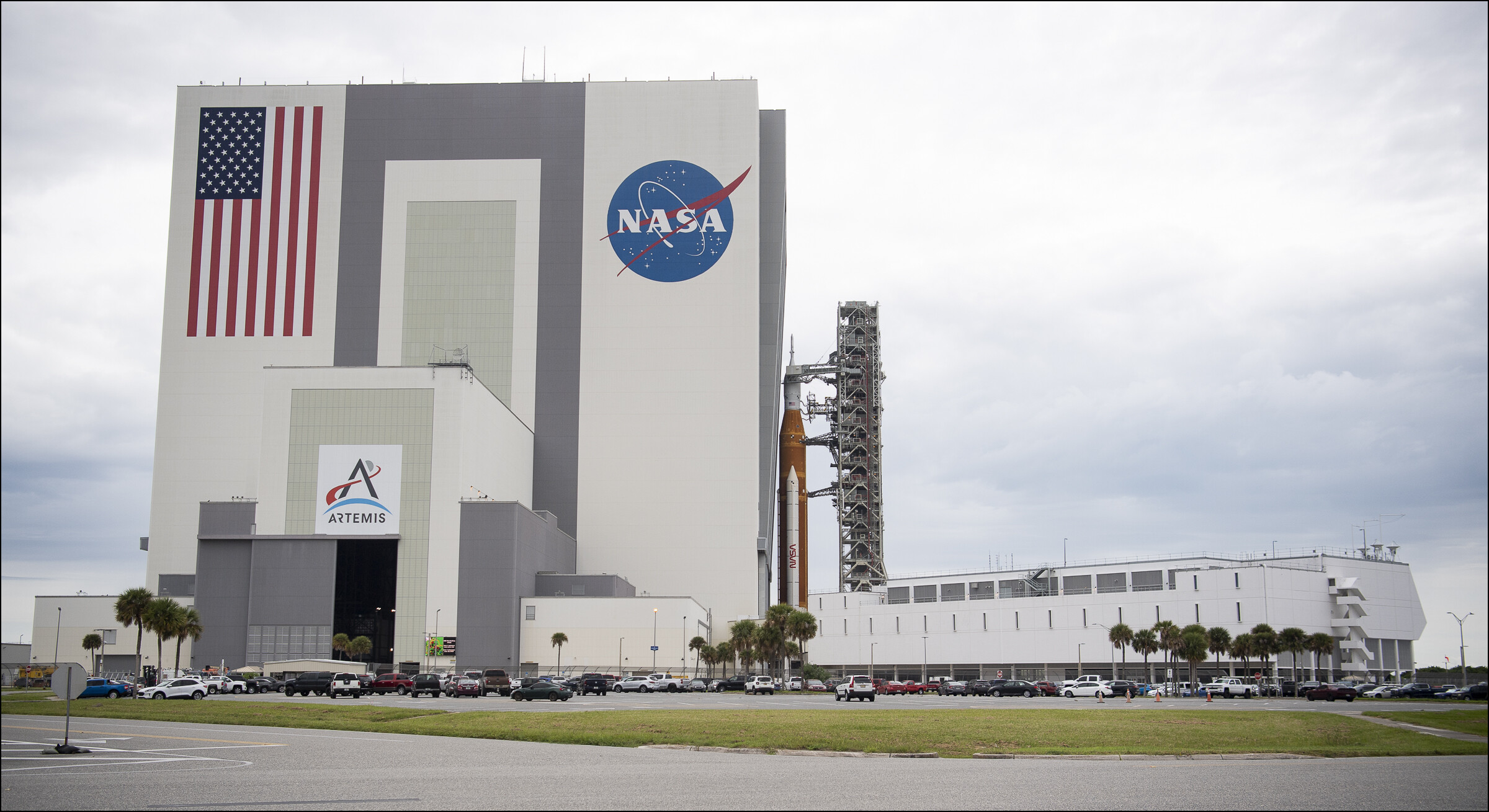Science News Roundup: Japan extends participation in International Space Station to 2030; NASA's Artemis rocketship on course for moon after epic launch and more
Among Washington's programme partners, which are Russia, Canada, Japan and the 11-nation European Space Agency, Tokyo is the first to join the United States in extending participation. NASA's Artemis rocketship on course for moon after epic launch With a dash of launch-pad heroics and 8.8 million pounds (4 million kg) of thrust, NASA's colossal new rocket soared into space for the first time early on Wednesday, sending a next-generation capsule on a crewless voyage around the moon and back 50 years after the final Apollo lunar mission.

Following is a summary of current science news briefs.
Japan extends participation in International Space Station to 2030
Japan will extend its participation in the International Space Station (ISS) programme to 2030, education and science minister Keiko Nagaoka said on Friday, following the footsteps of its ally the United States. The United States pledged in December to keep the ISS operational through to 2030. Among Washington's programme partners, which are Russia, Canada, Japan and the 11-nation European Space Agency, Tokyo is the first to join the United States in extending participation.
NASA's Artemis rocketship on course for moon after epic launch
With a dash of launch-pad heroics and 8.8 million pounds (4 million kg) of thrust, NASA's colossal new rocket soared into space for the first time early on Wednesday, sending a next-generation capsule on a crewless voyage around the moon and back 50 years after the final Apollo lunar mission. The U.S. space agency's much-delayed and highly anticipated launch from Florida kicked off Apollo's successor program, Artemis, aimed at returning astronauts to the lunar surface this decade and establishing a sustainable base there as a stepping stone to future human exploration of Mars.
Fossils of car-sized dinosaur-era sea turtle unearthed in Spain
Plying the subtropical seas that washed the coasts of the archipelago that made up Europe 83 million years ago was one of the largest turtles on record, a reptile the size of a small car - a Mini Cooper to be precise - that braved dangerous waters. Researchers on Thursday described remains discovered in northeastern Spain of a turtle named Leviathanochelys aenigmatica that was about 12 feet (3.7 meters) long, weighed a bit under two tons and lived during the Cretaceous Period - the final chapter in the age of dinosaurs. It is Europe's biggest-known turtle.
India successfully launches first privately made rocket
India successfully launched its first privately developed rocket, the Vikram-S, on Friday, a milestone in the country's effort to create a commercial space industry and to compete on cost. The 545-kg rocket, developed by space startup Skyroot, took off from the Indian space agency's launch site near Chennai and hit a peak altitude of 89.5 kilometers (km).
(With inputs from agencies.)
ALSO READ
Oman's foreign minister says the next round of talks between the United States and Iran will be Thursday in Geneva, reports AP.
United States Prepares for G20 Finance Meetings
Apollo-Denies-Links-Rowan-Unscathed
Philips and Apollo Hospitals Unite to Transform India's Stroke and Heart Care
Trump's Tariff Triumph: Novartis Expands in the United States










